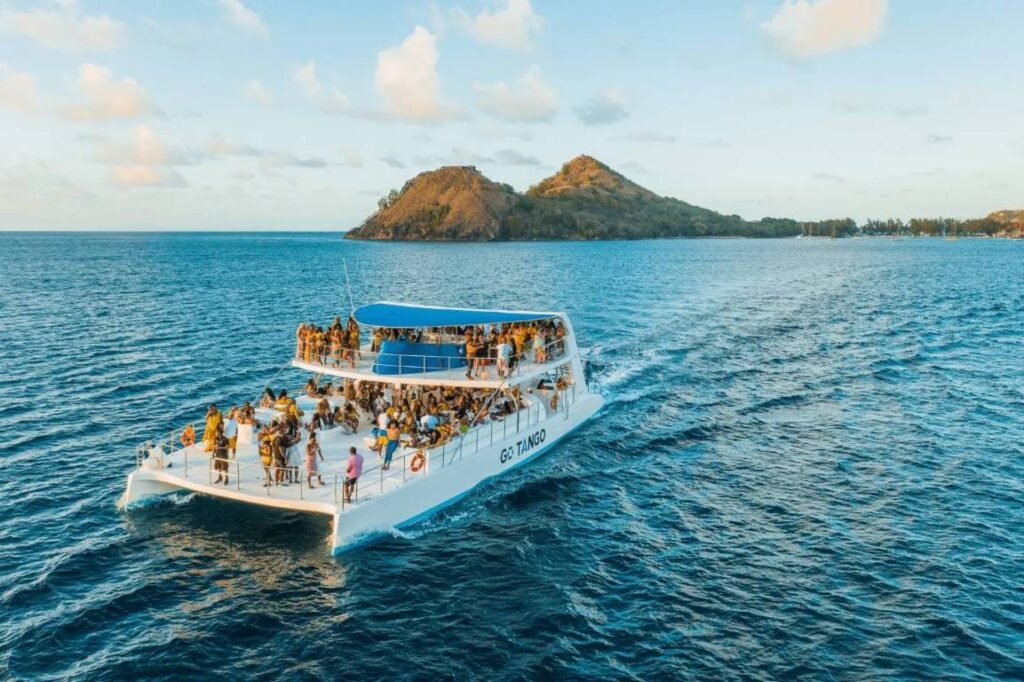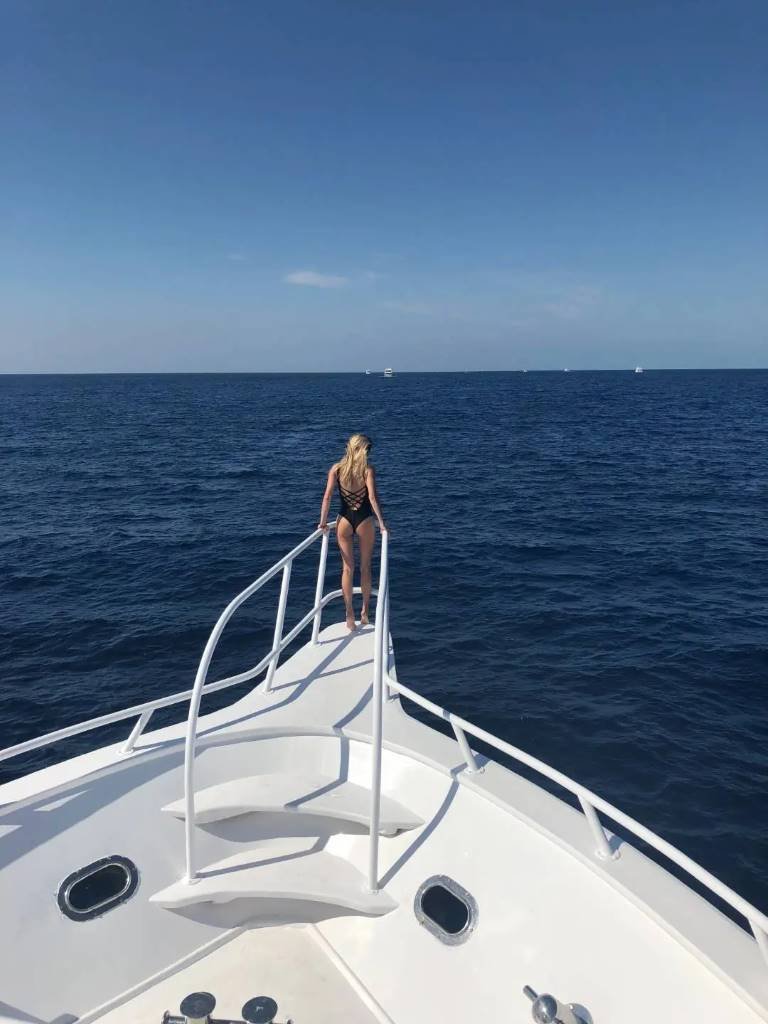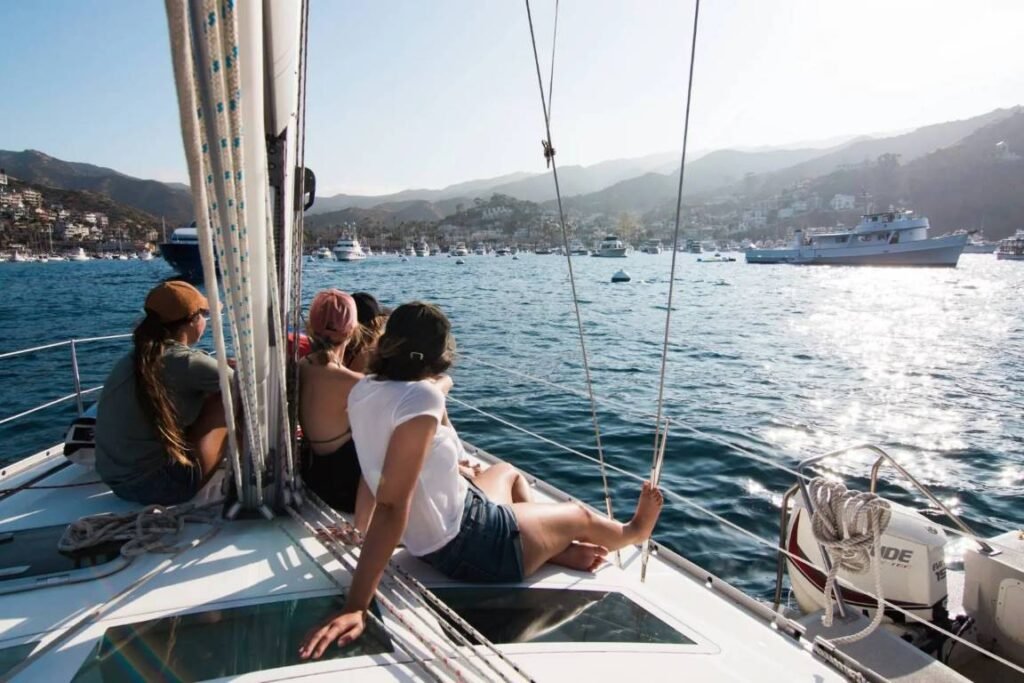Imagine a sunny day out on the water, cruising along with the wind in your hair, and a cold drink in your hand. While it may seem like the perfect way to unwind, consuming alcohol while operating a boat can have serious consequences. In this article, we will explore the effects of alcohol use on both boat operators and passengers, highlighting the risks involved and the importance of responsible boating practices.
Boating is a popular recreational activity enjoyed by many, but it requires responsible behavior to ensure the safety of everyone on board. Unfortunately, alcohol use and boating often go hand in hand, leading to a significant number of accidents and injuries. Understanding the impact of alcohol on boat operators and passengers is crucial for promoting safer boating experiences.
Definition of Alcohol Use
Alcohol use refers to the consumption of beverages containing ethanol, such as beer, wine, or spirits. When consumed, alcohol enters the bloodstream and affects the central nervous system, leading to changes in behavior and impairment of cognitive and physical abilities.
Alcohol-Related Accidents
Alcohol-related accidents on the water can have devastating consequences. Impaired judgment, decreased coordination, and slower reaction times due to alcohol use can increase the risk of collisions, capsizing, or falling overboard. These accidents not only put the operator’s life at risk but also jeopardize the safety of passengers and other boaters nearby.
Impaired Judgment and Reaction
Alcohol affects the brain, impairing judgment, reasoning, and decision-making abilities. Boat operators under the influence of alcohol may underestimate risks, make poor navigation choices, or fail to react promptly to changing conditions. Impaired reaction times can hinder their ability to avoid obstacles or respond effectively to emergencies, leading to potentially dangerous situations.
Effects on Boat Operators

Boat operators who consume alcohol may experience various physical and cognitive effects that compromise their ability to operate the vessel safely. These effects include reduced coordination, decreased motor skills, blurred vision, and difficulties with concentration and multitasking. Even small amounts of alcohol can have a significant impact on their performance, putting themselves and others in harm’s way.
Effects on Passengers
Passengers aboard a boat operated by someone under the influence of alcohol are also at risk. An impaired boat operator may have difficulties maintaining control of the vessel, increasing the likelihood of accidents. Passengers can be thrown off balance, leading to falls or other injuries. Additionally, the overall atmosphere of the boat may be compromised, potentially leading to a less enjoyable experience for everyone on board.
Legal Consequences
Operating a boat while under the influence of alcohol is not only dangerous but also illegal in many jurisdictions. Boating under the influence (BUI) laws aim to prevent alcohol-related accidents on the water. Penalties for BUI can include fines, suspension or
suspension of boating privileges, mandatory alcohol education programs, and even imprisonment in severe cases. It is essential for boat operators to be aware of and comply with the legal limits and regulations regarding alcohol use while boating to avoid legal consequences.
Safety Measures and Tips

To ensure the safety of everyone on board and minimize the risks associated with alcohol use, it is important to follow these safety measures and tips:
- Designate a sober boat operator: Always designate a responsible individual who will abstain from alcohol consumption to operate the boat. This designated operator should be experienced, alert, and able to make quick decisions in case of emergencies.
- Educate yourself: Take boating safety courses that cover the effects of alcohol on boating skills and judgment. Understanding the risks associated with alcohol use while boating can help you make informed decisions and prioritize safety.
- Know the legal limits: Familiarize yourself with the legal blood alcohol concentration (BAC) limits for boating in your jurisdiction. It is important to adhere to these limits and avoid operating a boat if your BAC exceeds the legal threshold.
- Plan ahead: If you anticipate consuming alcohol during your boating trip, plan ahead by arranging alternative transportation options for yourself and your passengers. This way, you can enjoy your day on the water without compromising safety.
- Stay hydrated: Remember to drink plenty of non-alcoholic beverages, such as water or soft drinks, to stay hydrated while boating. Alcohol can dehydrate the body, and proper hydration is crucial for maintaining alertness and cognitive function.
- Be aware of medication interactions: Some medications may interact with alcohol and cause adverse effects. If you are taking any medication, consult with your healthcare provider to understand how it may interact with alcohol and affect your ability to operate a boat safely.
- Lead by example: Boat operators should set a responsible example for their passengers by abstaining from alcohol consumption. Encourage your passengers to do the same and emphasize the importance of prioritizing safety on the water.
Conclusion

Alcohol use and boating are a dangerous combination that can lead to accidents, injuries, and legal consequences. The effects of alcohol on boat operators and passengers can impair judgment, reaction times, and overall safety. To ensure a safe and enjoyable boating experience, it is crucial to avoid alcohol consumption while operating a boat and to promote responsible boating practices.
By educating ourselves about the risks associated with alcohol use, following safety measures, and making responsible choices, we can help create a boating environment that prioritizes the well-being and safety of all individuals on board.
You may also like,
- Top 5 Biggest LNG Ships in the World
- 10 Most Beautiful Rivers in Europe
- The Evolution of Ships – From Wooden Boats to Modern Vessels
FAQs
FAQ 1: How long does alcohol stay in the body?
The time alcohol stays in the body can vary depending on factors such as the amount consumed, individual metabolism, and other factors. On average, the liver can metabolize approximately one standard drink per hour. However, it is important to note that everyone metabolizes alcohol differently, and it is always best to err on the side of caution and allow ample time for alcohol to leave your system before operating a boat.
FAQ 2: Can a person be charged with boating under the influence (BUI)?
Yes, boating under the influence (BUI) is a serious offense and can result in legal consequences. Law enforcement agencies actively patrol waterways to enforce BUI laws, and if a boat operator is found to be impaired by alcohol, they can be charged with BUI, just like driving under the influence (DUI) on the road.
FAQ 3: Are there any safe alcohol consumption limits for boat operators?
While some jurisdictions may have specific legal limits for blood alcohol concentration (BAC) while boating, the safest approach is to avoid alcohol

